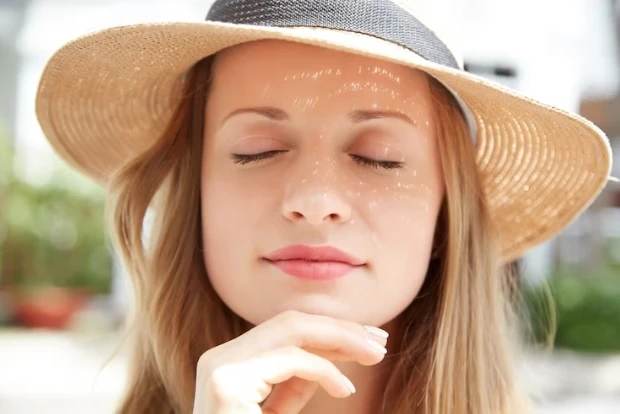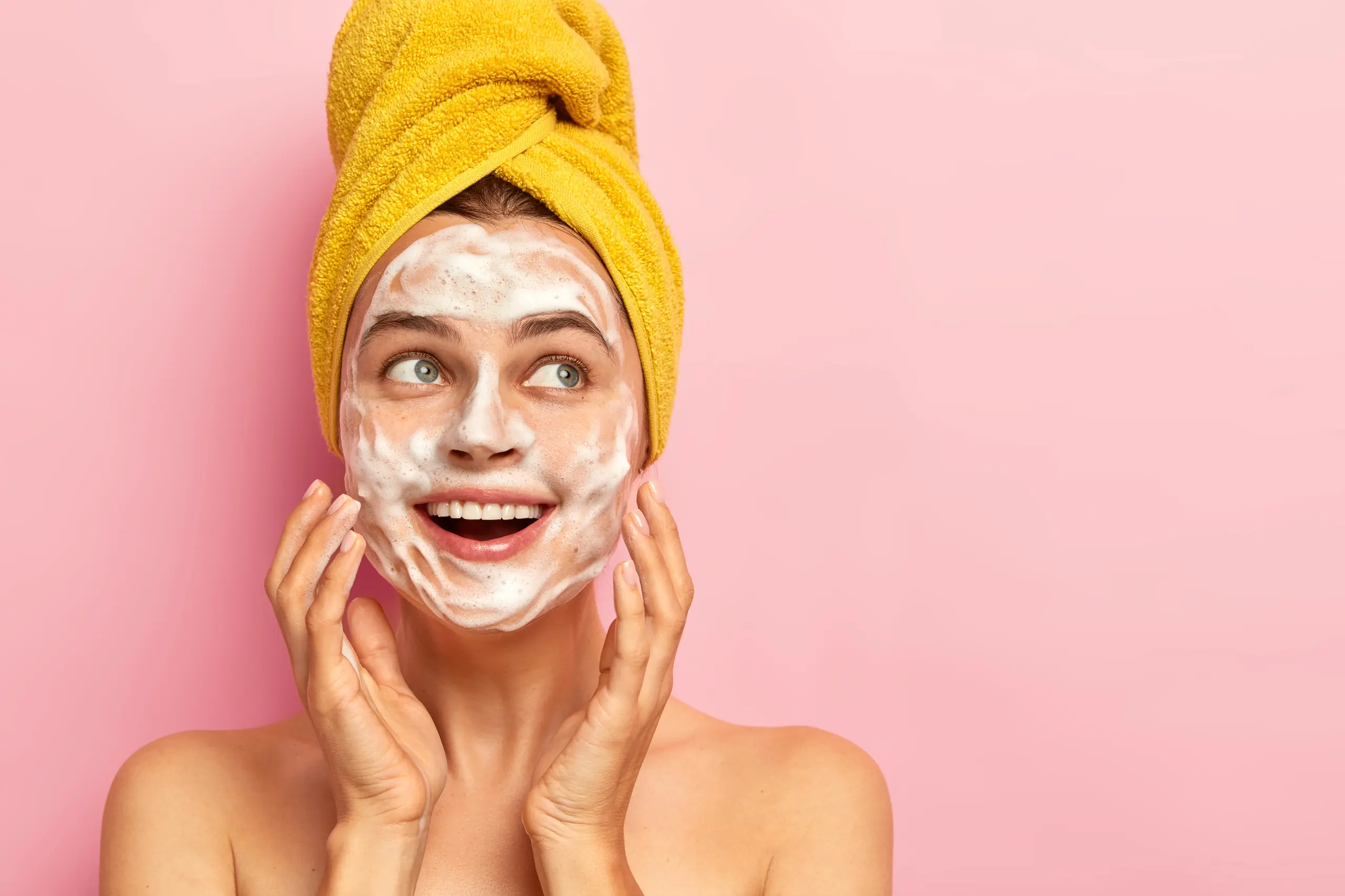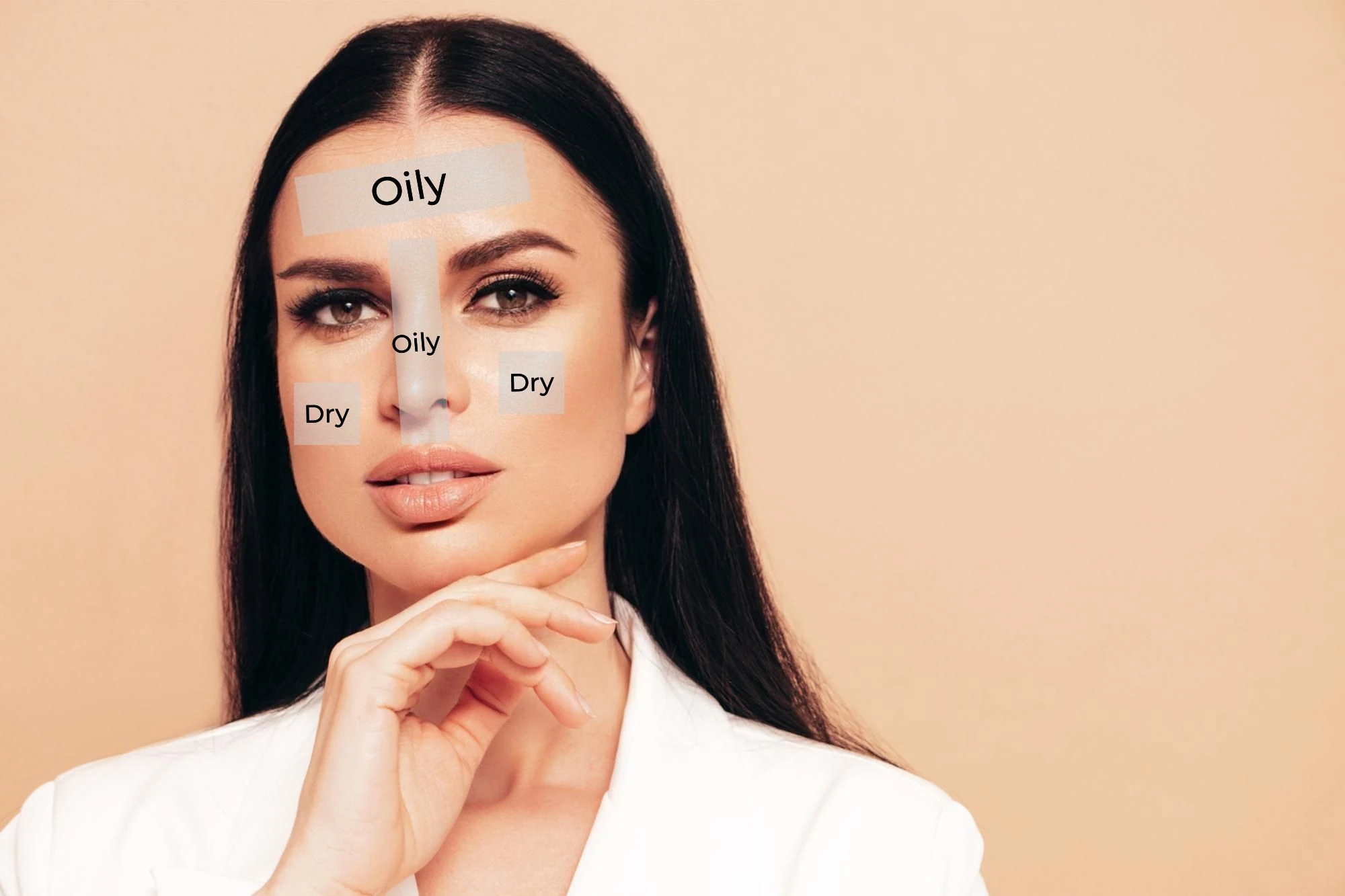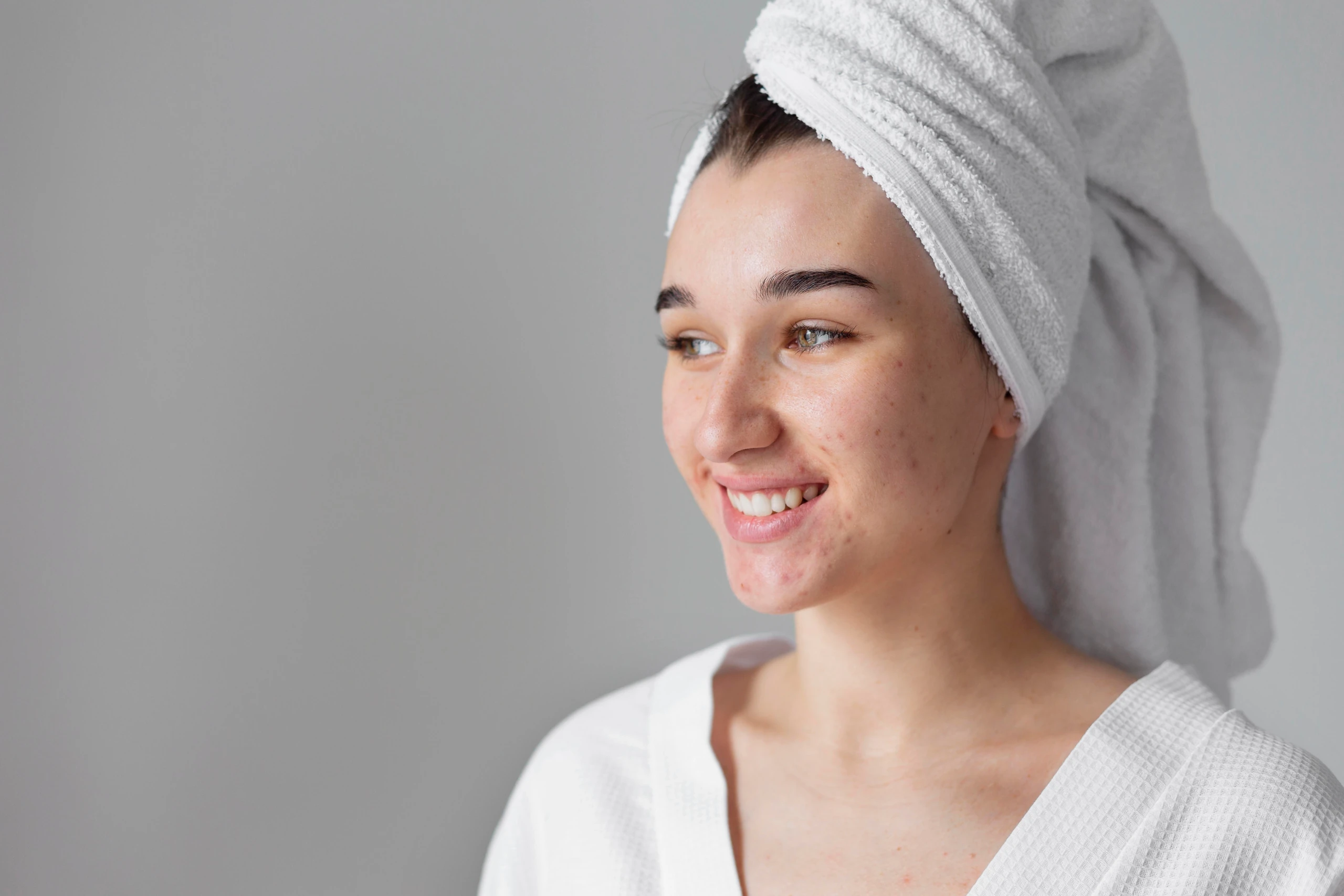Sun Protection
Wear a hat and sunglasses when exposed to the sun. Use a sunscreen with a minimum SPF of 30 and reapply every two hours. Avoid direct sun exposure during peak hours.
Cover up with lightweight, light-colored clothing and seek shade when possible. Wear protective clothing, such as a long-sleeved shirt and long pants.
Avoid tanning beds and sun lamps, as they can increase your risk of skin cancer and other skin damage.
Skin Care
Drink plenty of water to stay hydrated and keep skin looking healthy. Eat a balanced diet with plenty of fruits and vegetables.
Avoid smoking and limit alcohol consumption. Both can damage the skin and make it more prone to wrinkles.
Use gentle, fragrance-free cleansers and moisturizers to keep skin clean and hydrated.
Insect Protection
Wear insect repellent to help protect against bites from mosquitoes and other insects. Choose a product containing DEET or picaridin.
Wear long-sleeved shirts and pants to help protect against insect bites. Avoid perfumes and scented products, as they can attract insects.
Check your skin daily for signs of insect bites, such as redness, itching, or swelling. If you have been bitten, treat the bite with an anti-itch cream or calamine lotion.
Protecting Against Pollution
Avoid smog and pollution by staying indoors when possible. Wear a mask when outdoors to help protect against airborne particles.
Wash your face twice a day with a gentle cleanser to remove any dirt or pollution that may have accumulated on your skin.
Use a moisturizer with SPF to help protect against sun damage and pollution. Look for a product that contains antioxidants to help fight free radicals.
Protecting Against Cold Weather
Cover your skin with a scarf, hat, and gloves when outdoors in cold weather. Wear a face mask to help protect against wind and cold.
Use a moisturizer to keep skin hydrated and prevent dryness. Choose a product that contains ceramides to help lock in moisture.
Avoid hot showers and baths, as they can strip the skin of its natural oils. Use warm water instead and avoid harsh soaps and cleansers.
Protecting Against Dry Air
Use a humidifier to help add moisture to the air in your home or office. This can help keep skin hydrated and prevent dryness.
Drink plenty of water to stay hydrated. Aim for 8 to 10 glasses a day to help keep skin looking healthy.
Avoid long, hot showers and baths, as they can strip the skin of its natural oils. Use warm water instead and avoid harsh soaps and cleansers.



